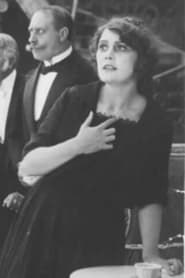detail profile ernst winar
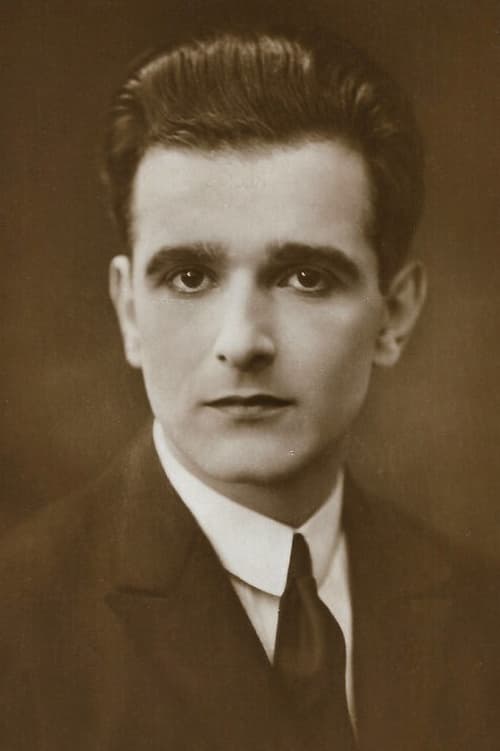
Ernst Winar
Joseph Carl von Eichhoff
atau dikenal sebagai
Riwayat Hidup
Ernst Winar, born Wilhelm Joseph Carl Eichhoff (1894–1978), was a German-Dutch actor, film director and novelist.
He appeared in 34 films between 1916 and 1955, and directed 14 films in that period.
In 1920 he published the novel 'Peccavi.
.
.
???', which he co-wrote with actor Adolphe Engers; the book was considered scandalous at the time because of its gay protagonist.
Born into a German family as Wilhelm Joseph Carl Eichhoff, Winar broke off his studies in engineering at a young age and joined the Filmfabriek Hollandia in Haarlem; he assisted directors and crew, and made his acting debut in a supporting role in the film Majoor Frans (1916).
Winar was also active on stage, joining the Bouwmeester theater for a short time.
Adter some time he started taking on acting jobs in Germany as well; he got his first leading role in Zirkus Renz ('Circus Renz', 1927) by Austrian director Wolfgang Neff.
He trained his directing skills at the Terra Film film school in Berlin and in 1923 he directed his first film, Der Mann im Hintergrund ('The Man in the Background').
In the early thirties he came back to the Netherlands.
He signed with the Cinetone Studios and subsequently made the films De kribbebijter (1935) and Op stap (1935) with Louis Davids in the lead role.
Winar was considered one of only few Dutch directors at Cinetone who had truly mastered the filmmaking profession.
After the Second World War, Winar shifted his interest to making children's films, such as Dik Trom en zijn dorpsgenoten ('Dik Trom and his fellow villagers', 1947) and Vier Jongens en een Jeep ('Four guys and a jeep', 1955).
The latter was his last film as both actor and director.
In the 1960s, Winar supervised young filmmaker Paul Verhoeven as editor and co-writer for his short film Eén hagedis teveel ('One lizard too many', 1960) and documentary Het Korps Mariniers ('The Marine Corps', 1965).
Info Pribadi
Peran Yang Di Mainkan Ernst Winar
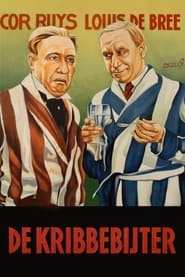 Willy the son of baron Van...
Willy the son of baron Van...The Crosspatch 1935
Willy, the son of baron Van Hergershuizen, finds himself disinherited after he marries an untitled girl. His wife decides to take action and applies for the job of the baron's housekeeper.
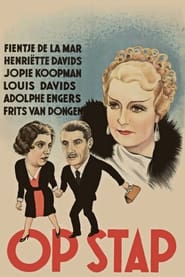 Janus Fortuin is a goodhearted piano...
Janus Fortuin is a goodhearted piano...On the Move 1935
Janus Fortuin is a goodhearted piano tuner married to a greedy landlady. Their daughter Polly is engaged to young songwriter George van Reen. When rich uncle Barend from Batavia makes a surprise visit — pretending to be a lodger called 'Van Santen' — the Fortuin family finds their lives turned upside down.
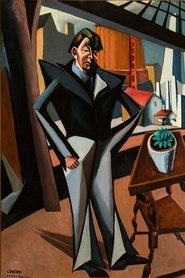 The guests at Count Otto von...
The guests at Count Otto von...The man in the background 1922
The guests at Count Otto von Trepow's East Prussian estate Gross-Ehrenfeld are Lord and Lady Ruthven, Mr Hendriks with his wife and foster-daughter Mariska, a gypsy they adopted years ago, Kundry, the fiancée of Otto's son Bernhard, and Count Stanislaus Larinski, who claims to be a Polish revolutionary wanted by the Russian government. A boating trip is organized but ends when the motor breaks down. While waiting for it to be repaired, the guests go to an inn run by Andreas and his daughter Käthe. Hendriks goes for a walk, sees the boat come back and that a man with a bent back leaves it. He notices that Kundry is afraid of Bernhard.
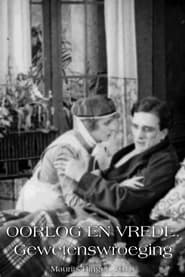 Ducrot and Ninette accuse Mario and...
Ducrot and Ninette accuse Mario and...War and Peace: 1918 1918
Ducrot and Ninette accuse Mario and Anny of owing their wealth to the murderous effects of Mario's bombs. Anny leaves for the front to care for the wounded. Third part of Maurits Binger's epic silent trilogy. Most of the film is considered lost – a single fragment remains.
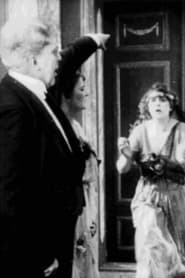 In the prologue a boat with...
In the prologue a boat with...Ulbo Garvema 1917
In the prologue, a boat with some shipwrecked persons is drifting at sea. Among them is Baron van Waldheim, who, before he dies of exhaustion, entrusts his little son Alfred to the care of his butler Hendrik. The evil Jan van Oort persuades Hendrik to give him the Baron's papers. When they put the boy ashore, he wounds himself on a nail (leaving a scar that will later prove his identity). For years Van Oort manages to pass himself off as Baron van Waldheim; he is married and has a daughter and a son. One day Hendrik turns up demanding a job as butler, swearing that otherwise he will betray Van Oort's secret. Meanwhile, Alfred - now an adult known as Ulbo Garvema - has become a teacher. Unaware of who Van Oort really is, he accepts the position of tutor to Van Oort's children. He falls in love with the daughter, but Van Oort refuses to give his consent to their marriage. Ulbo and the girl elope.
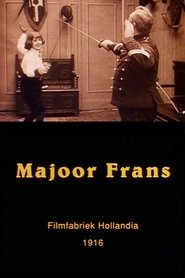 When his granddaughter is born debtridden...
When his granddaughter is born debtridden...Major Frans 1916
When his granddaughter is born, debt-ridden Colonel von Zwenken misses out on Aunt Roselaar's allowance of 20,000 guilders. Anxious to keep the money, his son-in-law telegraphs the aunt that a son was born, Frans, and the girl is brought up as a boy. Based on the novel by Anna L.G. Bosboom-Toussaint.
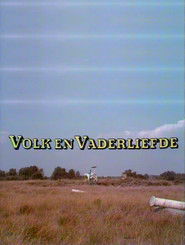 Otanes is certain that Smerdis King...
Otanes is certain that Smerdis King...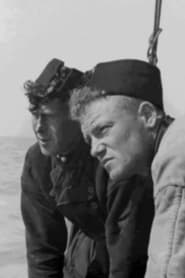
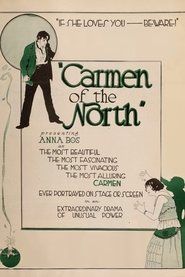 On the verge of getting married...
On the verge of getting married... A poor fishermans wife sends the...
A poor fishermans wife sends the...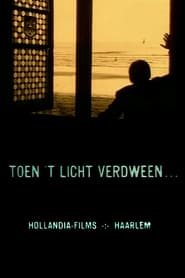 The happy life of Sylvia and...
The happy life of Sylvia and...